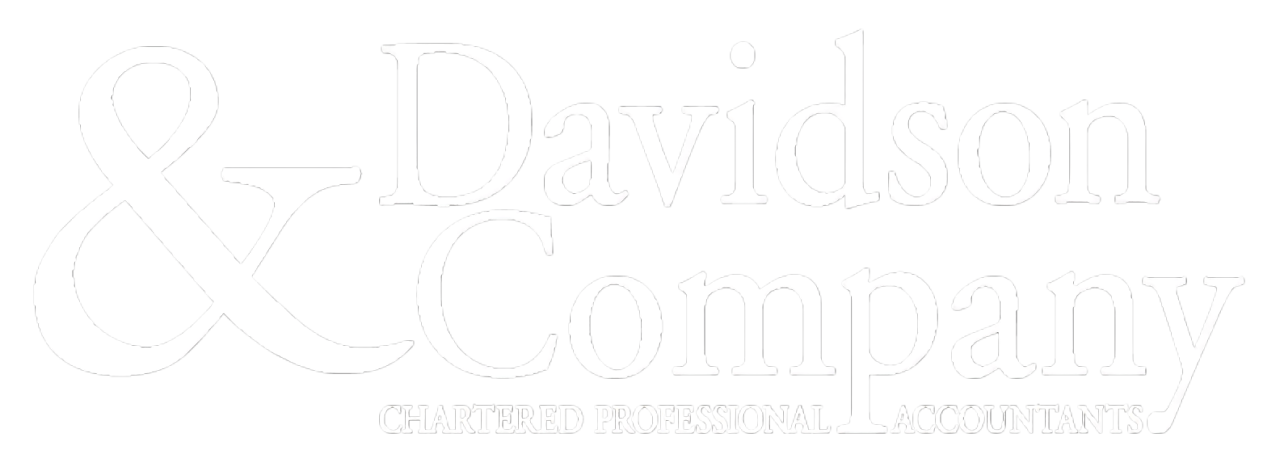
In the 2017 Federal Budget, the Department of Finance proposed rule changes on how professionals report income for tax purposes.
Specifically, Finance has proposed to eliminate professionals’ use of billed-basis accounting for income tax purposes in order to prevent a deferral of taxation. Accordingly, the new rules will significantly affect the cash flow of professional businesses in the short term as income taxes may need to be paid on income that is recognized before cash is actually received from clients. The proposed changes will apply to taxation years that begin on or after March 22, 2017.
Billed-Basis Accounting
Generally, taxpayers are required to include the value of work in progress (“WIP”) (e.g. unbilled time) in computing their income for tax purposes. However, under the current rules, certain professionals (i.e., accountants, dentists, lawyers, medical doctors, veterinarians, and chiropractors) may elect to exclude the value of WIP in computing their income. This election effectively allows professionals to recognize income in the year the work is actually billed in order to defer taxation for the unbilled time at year-end. The recognition of income in this particular manner is referred to as “billed-basis accounting”.
Finance has proposed to eliminate the election that enables professionals to use billed-basis accounting. As such, professionals will now need to include the value of WIP at the lesser of its cost or fair market value. To mitigate the impact on taxpayers, Finance initially proposed a 2-year transitional period to phase in the inclusion of WIP into income. Finance has recently revised the transitional period to 5 years which will further assist in mitigating the immediate tax impact on the accelerated income inclusion. After the transitional period, the lesser of the cost and fair market value of the full WIP will be included in taxable income for a particular year. Accordingly, there may be practical challenges in determining the “cost” and “fair market value” of WIP at year-end for professional businesses.
The Canada Revenue Agency has indicated that certain contingency fee arrangements (where the terms and conditions of such arrangements are bona fide) will not be impacted by the proposed changes due to the uncertainty of fee collectability.
Summary
Certain professional businesses will need to anticipate this upcoming change as their cash flow may be impacted. Careful consideration should be given to the calculation of “cost” and “fair market value” of the WIP at year-end as this will affect the income inclusion amount. While the changes may seem straightforward, professional businesses may need to alter their internal accounting of WIP and ensure they are compliant with the proposed tax legislation going forward. Please contact one of our tax and private company partners to discuss the potential implications to your business:
Les Fabian, CPA, CA (lfabian@davidson-co.com)
Jamie Nguyen, CPA, CA (jnguyen@davidson-co.com)
Annelie Vistica, CPA, CA (avistica@davidson-co.com)
Telephone: (604) 687-0947
